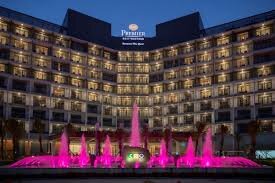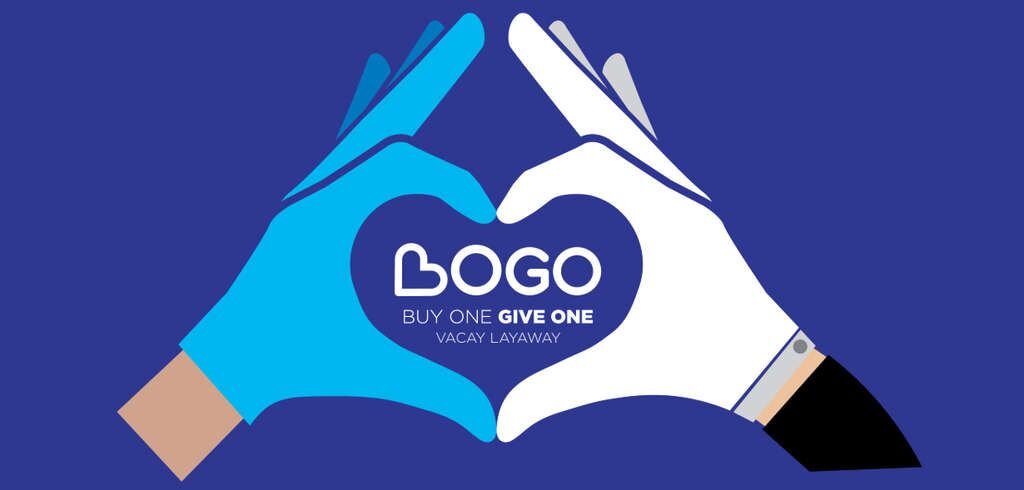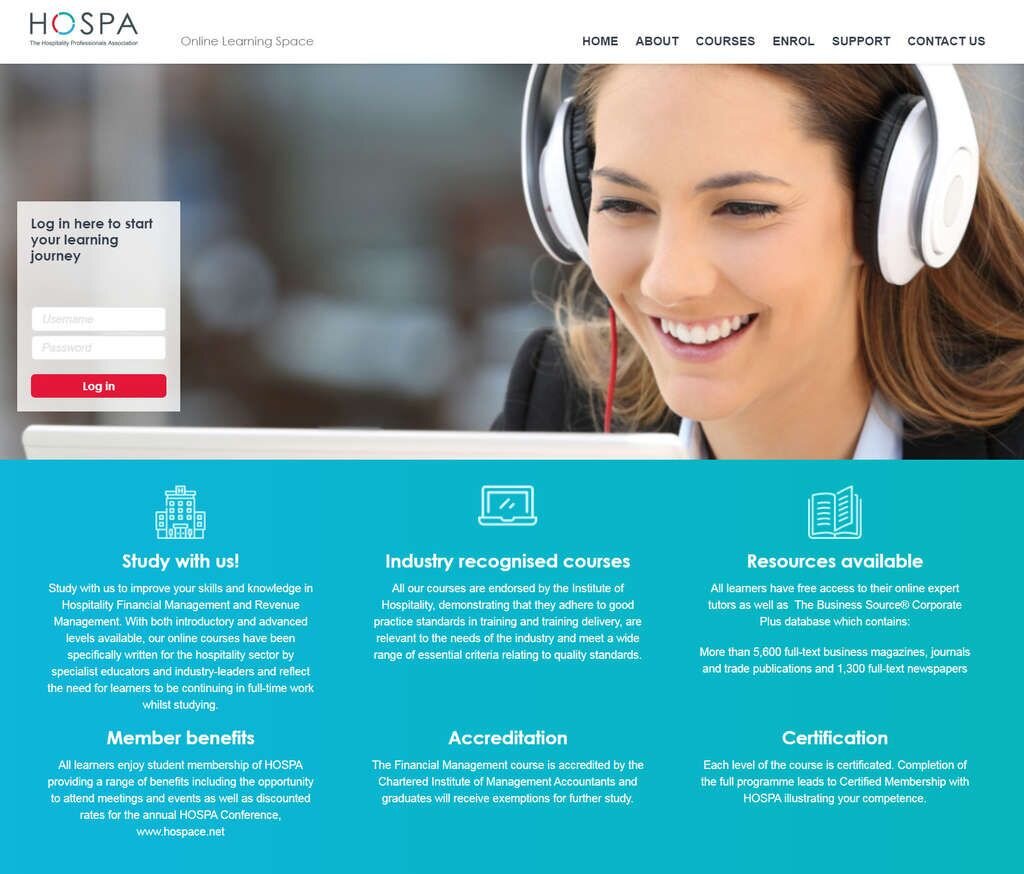Hospitality Financial Leadership – What Will the Post Pandemic Hotel World Look Like?
/Talk about a big change in the way we travel - not to mention the changes in technology and investment.
I think the other side of this pandemic is going to see some profound changes in the traveling world and the hotel business. In this piece, I am going to get my crystal ball out and make some predictions:
Prove you are healthy. Right now, it seems that testing and determining who has had the virus, who has the antibodies, who has a fever, etc., is the path forward to re-opening our world. Will we need to be tested before we travel? Will we need to prove we have had the vaccine or antibodies before we get on a plane in the future? How will hotels receive guests? Will we all need proof we are healthy before we can interact with one another? I can see that this would be a possibility. What will that mean for hotels, restaurants and bars?
Cleanliness scores. In the past two decades, we have seen the social media phenonium of service scores and customer ranking of our hotel world that has had a major impact on how we are perceived by the public. I think going forward that the same applies to our cleanliness. The brand and hotels that have the highest cleanliness scores will be in higher demand by the public. I see a boom in the way this information is collected and used.
Room certifications. Our guests will be demanding clean rooms. We need to come up with a way to guarantee that our rooms are germ-free.
Touchless everything, like check-ins and guest room doors. Anything we can do to remove the need to touch surfaces like elevators, tv remotes, thermostats, etc. will be welcome enhancements that are going to separate the men from the boys when it comes to clients choosing where to stay.
GOPPAR index. The focus will shift from REVPAR index to GOPPAR index. Owners will demand greater transparency and the only way this can be delivered is by comparing the performance of your hotel to a competitive set. Higher REVPAR must translate into higher profits.
Financial leadership. Our business has always been about providing great service, having engaged colleagues and generating profit The future belongs to the hotels and brands that drive financial leadership skills into all areas of the operation. Having leaders that know how to manage their payroll and expenses and flex those against business levels will be paramount to success





















